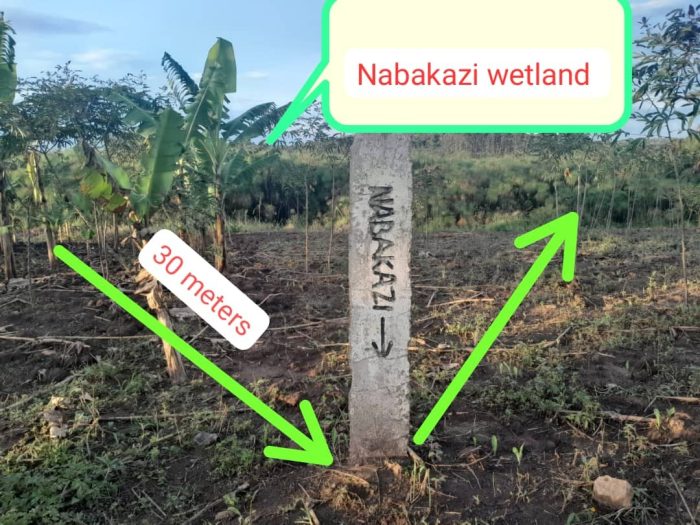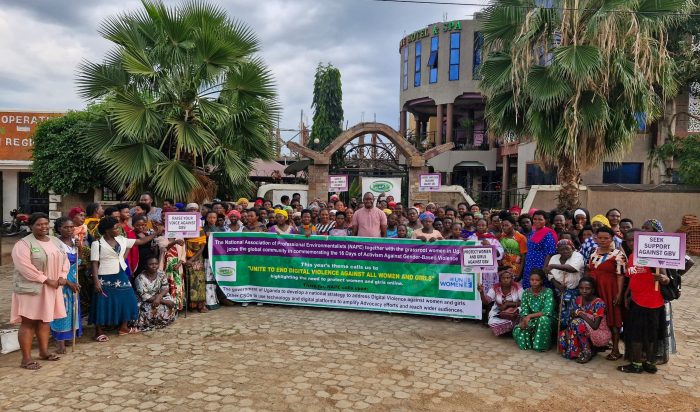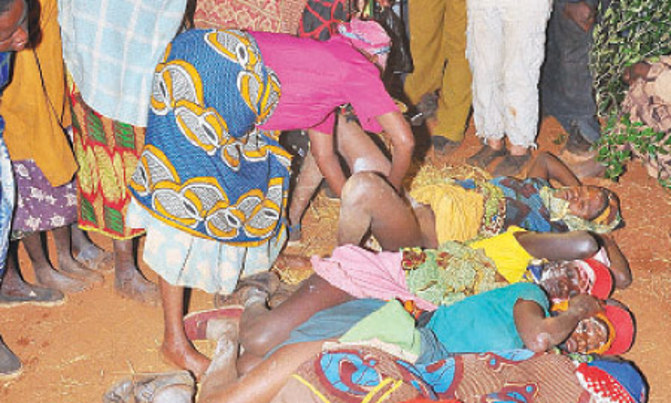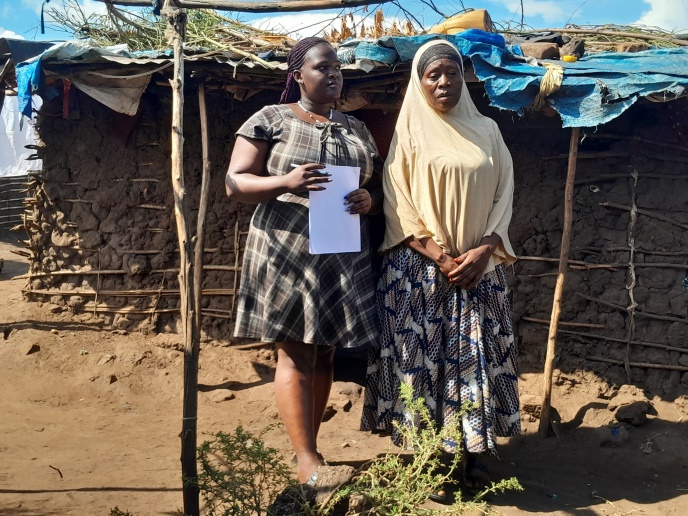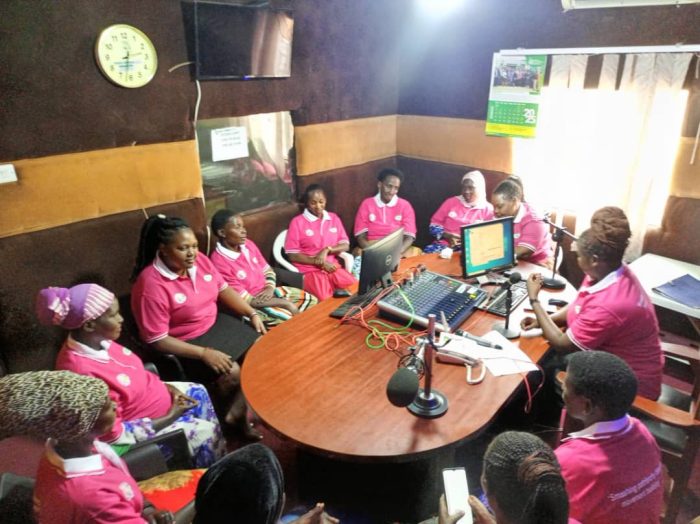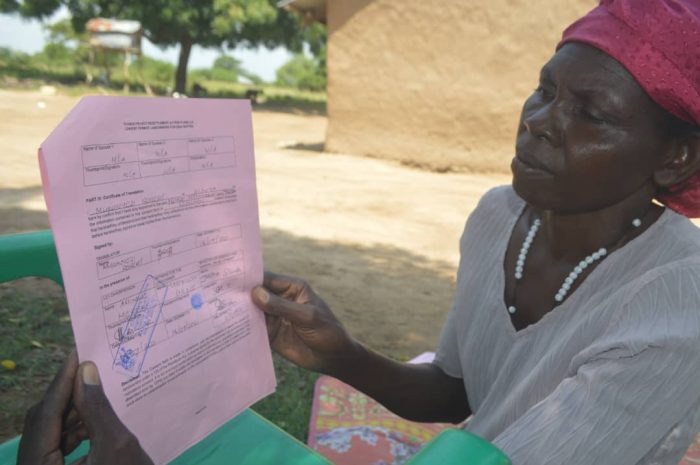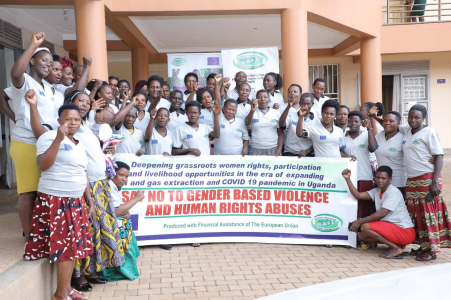
National Association of Professional Environmentalists (NAPE) with support from the European Union (EU) has launched 20 Community Based safe spaces to handle cases of gender-based violence and human rights abuses in Kiboga, Buliisa, Hoima and Kikuube districts in Uganda.
The safe spaces will enable victims of gender-based violence, human rights abuses facing stigma get psychosocial support, counselling, referrals and legal information by community caretakers who were identified and trained by NAPE in conflict resolution, counselling, gender equality and peace building.
The safe spaces will enable victims of gender-based violence, human rights abuses facing stigma get psychosocial support, counselling, referrals and legal information by community caretakers who were identified and trained by NAPE in conflict resolution, counselling, gender equality and peace building.
While speaking at the function, Rajab Bwengye, the coordinator of projects at NAPE said the idea of setting up safe spaces was as a result of increasing gender-based violence cases and human rights abuses as a result of COVID-19, oil extractives and food insecurity.
“ NAPE has supported grassroot communities to carry out an action oriented research on gender-based violence in the districts of Hoima, Buliisa and Kikuube districts and one of the recommendations in the research was establishing safe spaces in different communities where women can run for safety and get information on how to handle gender based violence cases,” Bwengye said.
Frank Muramuzi, the NAPE executive director said the environment cannot be well protected if the community is unhealthy with high level of violence and food insecurity and called for concerted efforts to end violence.
The Deputy RDC for Kiboga, Mathius Lutwama who was the chief guest called for other means of solving domestic issues other than fighting. He said couples can find ways of settling domestic matters without resorting to violence.
Ms. Sarah Nakitende who represented the Kiboga District Chairperson at the function said that sensitisation, dialogue and counselling were key in reducing the cases of domestic violence.
At the function, the caretakers of the safe spaces were given tools to assist them in doing their work. These included chairs, tables, stationery, and hand washing equipment.

